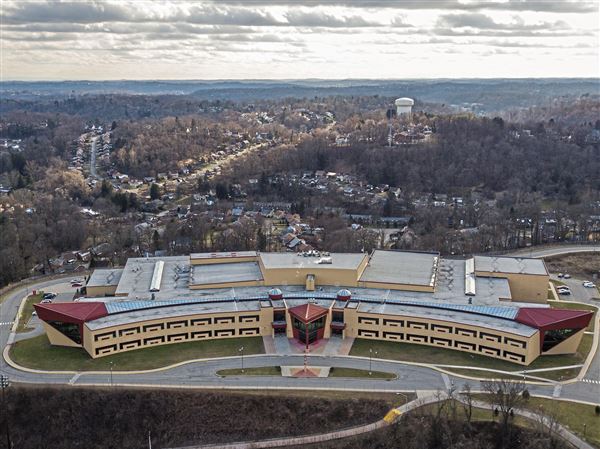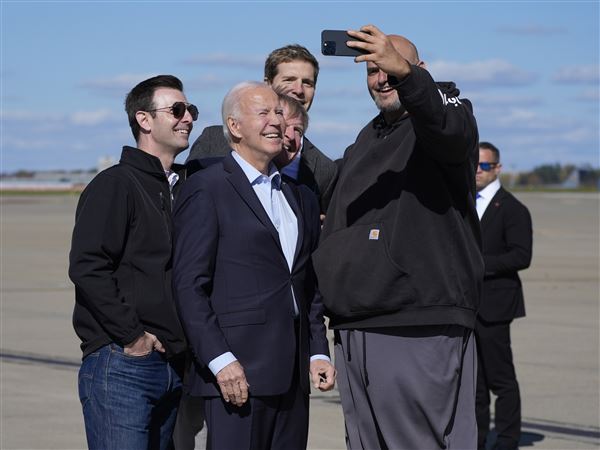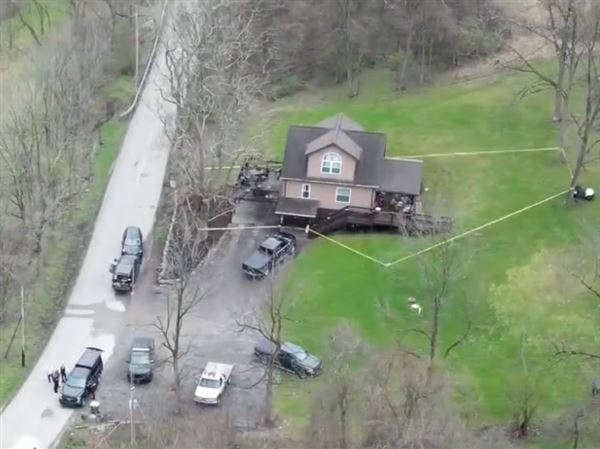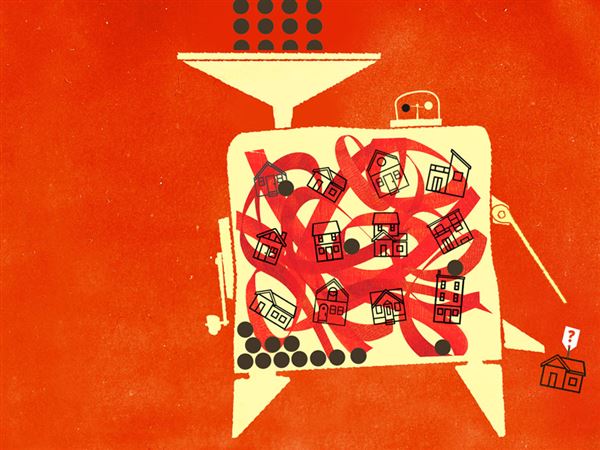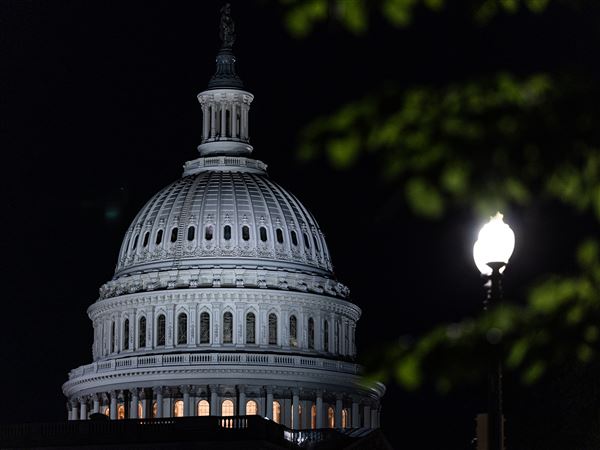WASHINGTON -- President Barack Obama will propose in his State of the Union address a package of modest initiatives aimed at helping middle class families, including tax credits for child care, caps on some student loan payments and a requirement that companies let workers save automatically for retirement, senior administration officials said Sunday.
By focusing on what one White House official calls "the sandwich generation" -- struggling families squeezed between sending their children to college and caring for elderly parents -- Mr. Obama hopes to use his speech on Wednesday to demonstrate that he understands the economic pain of ordinary Americans. The proposals also include expanded tax credits for retirement savings and money for programs to help families care for elderly relatives.
The address is still being written, but one senior official, describing it on condition of anonymity, said its key themes would include "creating good jobs, addressing the deficit, helping the middle class and changing Washington."
With his poll numbers down and Democrats fearing disaster in this year's midterm elections, Mr. Obama is at a particularly rocky point in his presidency. He heads into his first formal State of the Union speech in a radically reshaped political climate from even one week ago. His top domestic priority, a health care overhaul, is in jeopardy after the Republican victory in last week's Massachusetts Senate race.
White House advisers have interpreted the Massachusetts defeat as reflection of Americans' deep anger and frustration over high unemployment and Wall Street bailouts. The president's proposals are intended to appeal to people who are struggling financially without looking like another broad expansion of the federal government. They also would add little to the federal deficit at a time when Mr. Obama is pledging to reduce it.
While Mr. Obama has been shifting his focus toward job creation in recent weeks, an official said the president also wanted to spotlight what one called "critical areas where middle class families need a helping hand to get ahead" -- like paying for college and saving for retirement.
For example, the president is calling on Congress to nearly double the child care tax credit for families earning less than $85,000 -- a proposal that, if adopted, would lower by $900 the taxes such families owe to the government. But the credit would not be refundable, meaning that families would not get extra money back on a tax refund.
Another of the president's proposals, a cap on a student's federal loan payments to 10 percent of income, above a basic living allowance, would cost taxpayers roughly $1 billion.
The expanded financing to help families care for elderly relatives would cost $102.5 million -- a pittance in a federal budget where programs are often measured in tens if not hundreds of billions of dollars.
The automatic paycheck deduction program for retirement would simply be a way to encourage workers to save, and would include tax credits to help companies with administrative costs.
Such programs are, notably, much less far-reaching than Mr. Obama's expansive first-year agenda of passing an economic recovery package, bailing out the auto industry, overhauling the health care system, passing energy legislation and imposing tough new restrictions on banks -- an agenda that has left him vulnerable to criticism that he is using government to remake every aspect of American society.
Mr. Obama and Vice President Joe Biden plan to outline the proposals today when they meet with the White House task force that has spent the past year examining ways to help the middle class.
Top advisers to the president insist that Mr. Obama is not in retreat and are resisting any comparisons to the kind of small-bore initiatives that the last Democratic president, Bill Clinton, used to try to get his presidency back on track.
Instead, the White House wants to use Wednesday's address to fit initiatives like the health care overhaul into the broader theme of jobs and the economy. On Sunday, senior administration officials fanned out on the television talks shows to reinforce Mr. Obama's themes and make the case that the president is not abandoning his health care bill.
David Axelrod, Mr. Obama's senior adviser, said it would be a misinterpretation of the Massachusetts election results to conclude that Americans do not want a health overhaul, given that the bill that passed the House and the Senate is similar to a plan that already exists in that state. With House and Senate leaders trying to figure out how to proceed legislatively, Mr. Axelrod also issued a warning to Democrats who are reconsidering their support for the measure.
"As a political matter, the foolish thing to do would be for anybody else who supported this to talk away from it," Mr. Axelrod said on the ABC program "This Week." He added, "The underlying elements of it are popular and important, and people will never know what's in that bill until we pass it, the president signs it and they have a whole new range of protections they never had before."
How Mr. Obama will address health care in the State of the Union speech, though, remains an open question. Officials on Capitol Hill and the White House said they do not expect Congress to decide how far-reaching a health care bill it can now consider by Wednesday, putting Mr. Obama in the awkward position of talking about a measure that is on shaky ground. Another open question is what the president will say about his program for jobs creation.
First Published: January 25, 2010, 5:00 a.m.
